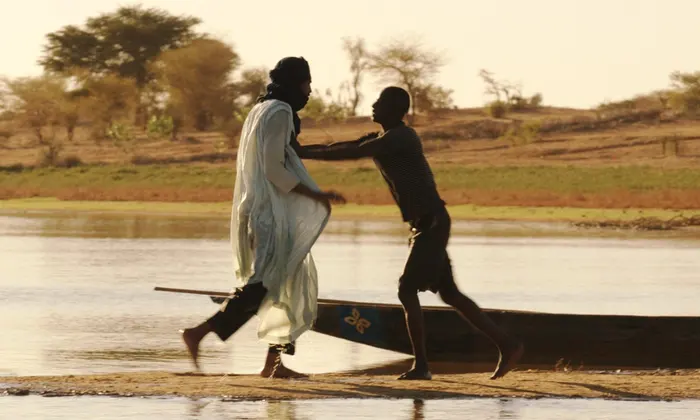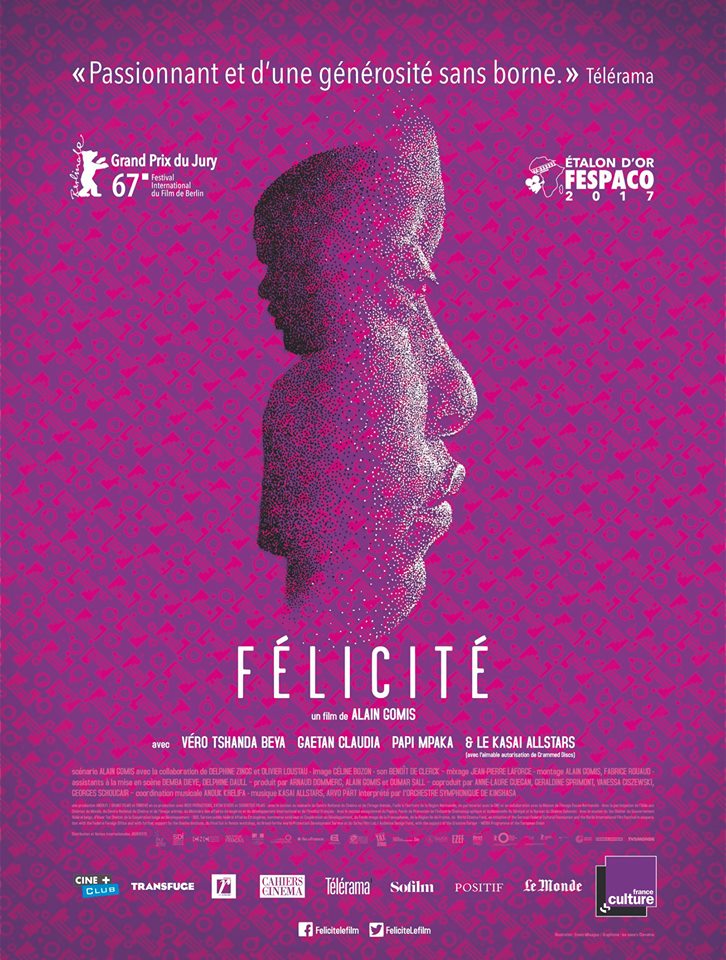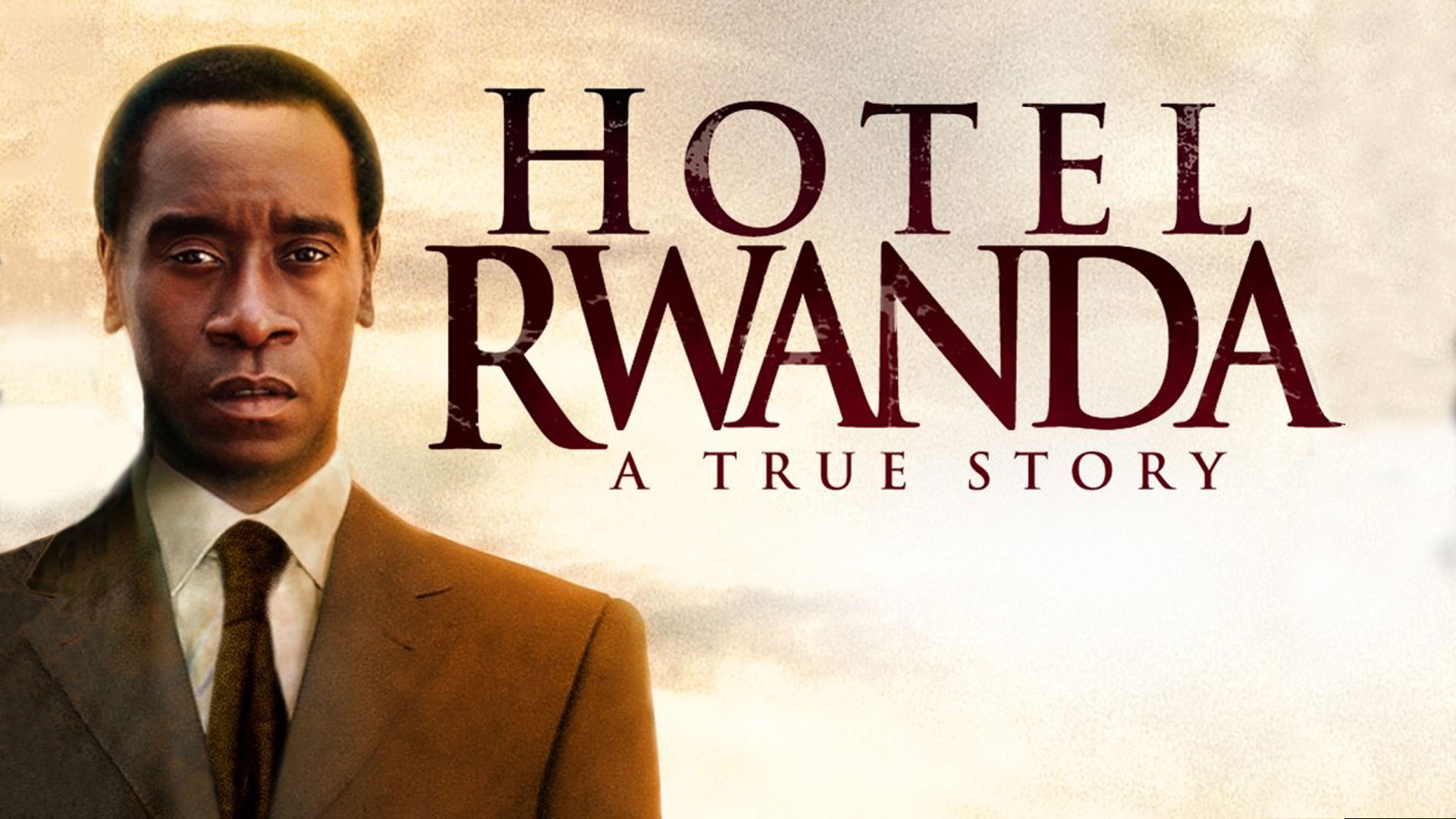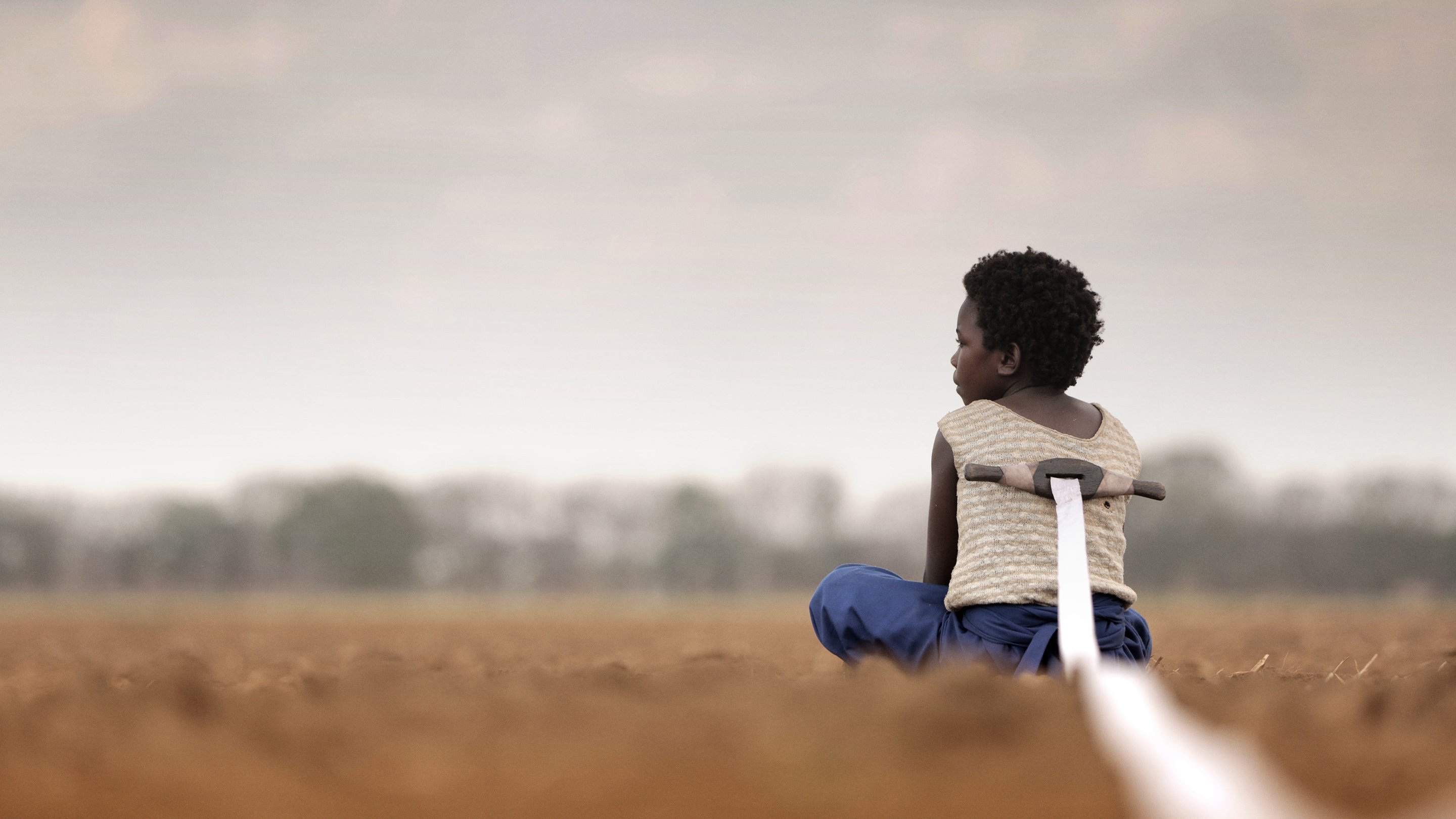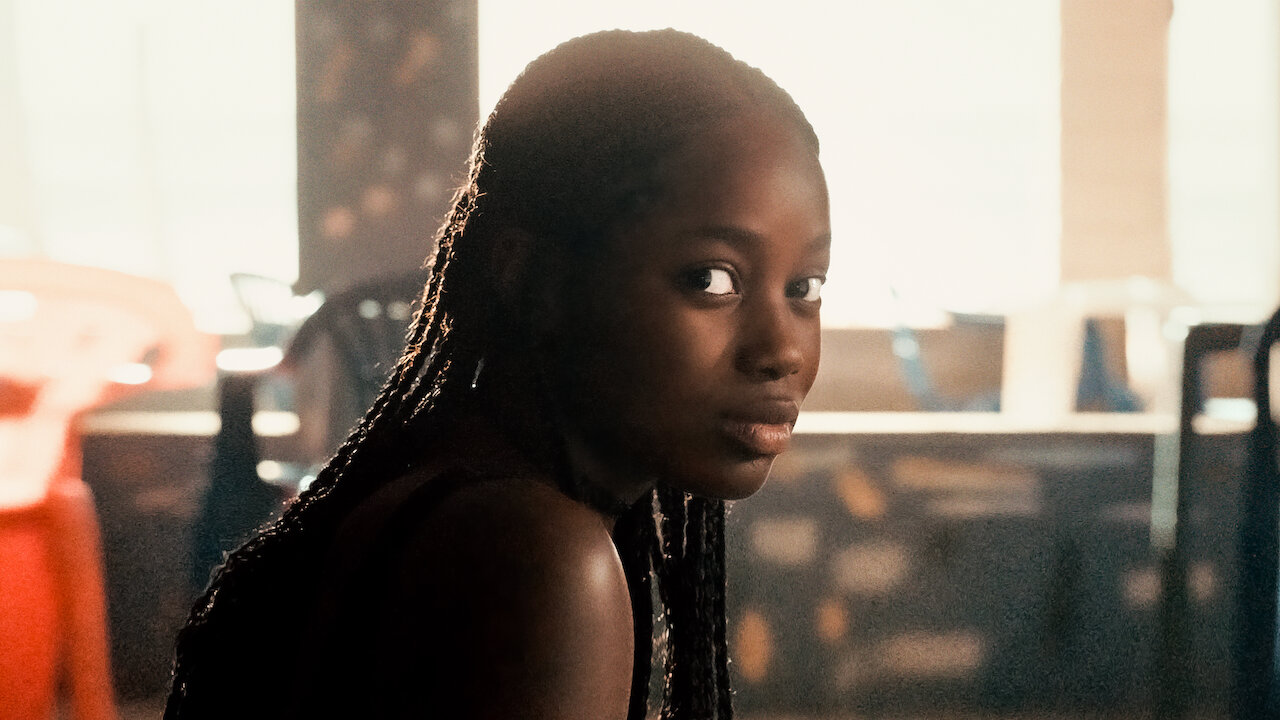Heartwarming Films From Africa - A Cinematic Journey Of Emotions
Africa, a continent rich in diversity and culture, has also contributed significantly to the world of cinema. While many may associate African cinema with powerful dramas and thought-provoking narratives, there exists a treasure trove of heartwarming films that resonate with audiences globally. These films from Africa not only showcase the warmth and resilience of the human spirit but also provide a unique lens through which to explore the diverse stories of the African people.
Author:Maxwell CanvasReviewer:Caden SteelheartJan 26, 20248.4K Shares133.6K Views
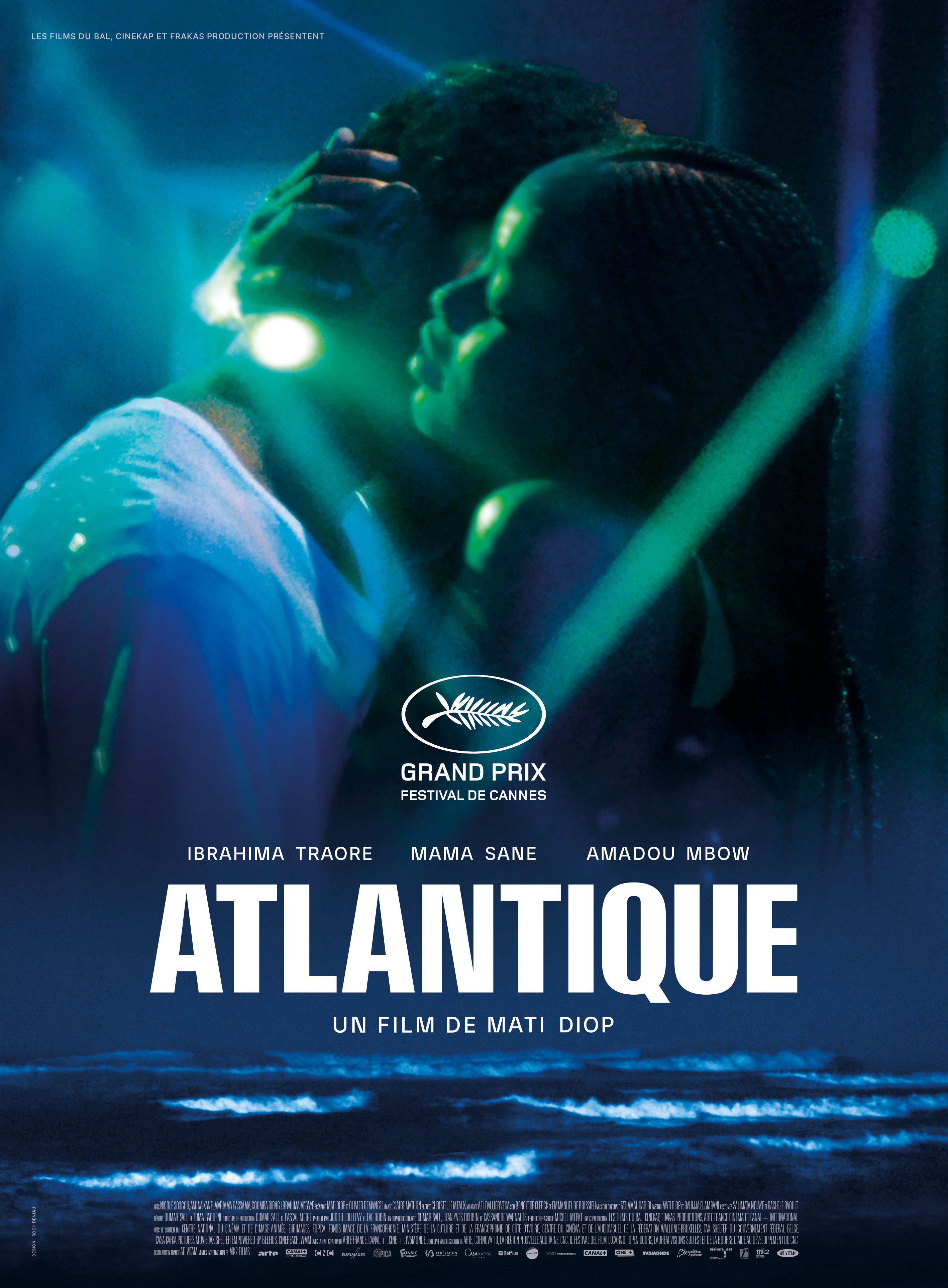
Africa, a continent rich in diversity and culture, has also contributed significantly to the world of cinema. While many may associate African cinema with powerful dramas and thought-provoking narratives, there exists a treasure trove of heartwarming films that resonate with audiences globally. These films from Africanot only showcase the warmth and resilience of the human spirit but also provide a unique lens through which to explore the diverse stories of the African people.
Timbuktu (2014) - Unveiling The Human Tragedy Behind Jihadism
When the term 'jihad' is mentioned in the context of cinema, it often conjures images of bloodthirsty Muslims pitted against symbols of American exceptionalism. However, Abderrahmane Sissako's "Timbuktu" challenges this narrative, offering a profound exploration of the reality of jihadism – a stark portrayal that delves into the absurdity and cruelty of imposing new standards on a community.
Born in Mauritania, Sissako, an acclaimed director, takes us on a mesmerizing journey through a jihadist occupation, presenting an extraordinarily beautiful tragedy. Unlike typical narratives that focus on the political implications, Sissako's lens zooms in on the human cost, exposing the consequences of crimes, both real and imagined.
Set against the backdrop of Timbuktu's brief occupation by Islamists in 2012, the film unravels the lives of the new rulers. These individuals, enforcing their version of law on an already devout Muslim population, are portrayed as hypocrites with a notable lack of communication amongst themselves. The farcical nature of questions such as whether one can play football with an imaginary ball or sing if the song praises Allah serves to highlight the absurdity of the situation.
Sissako's "Timbuktu" is a poignant exploration of the clash between individual beliefs and imposed doctrines. The film goes beyond the political rhetoric, peeling back layers to reveal the tragic consequences of a community torn apart by conflicting ideologies. The casually enforced capital punishments become all the more horrifying when juxtaposed with the almost comical inability of the occupiers to create a coherent structure of law.
Félicité (2017) - A Soulful Ode To Maternal Love And Resilience
In the realm of cinematic masterpieces, Senegalese filmmaker Alain Gomis' "Félicité" stands as a poignant exploration of a mother's unwavering love and sacrificial journey. Released in 2017, this film takes audiences on an emotional rollercoaster, weaving a narrative that transcends borders and cultures.
The heart of the story revolves around Félicité, a singer performing in a bar in Kinshasa, the capital city of the Democratic Republic of the Congo. Gomis, known for his ability to capture the nuances of human emotions, beautifully portrays Félicité as a woman of strength and resilience in the face of adversity.
The film's central narrative unfolds when Félicité's world is shattered by the sudden injury of her beloved son. Fueled by a mother's love, Félicité embarks on a compelling journey to save him, navigating through the complexities of life in Kinshasa. Gomis skillfully navigates the bustling cityscape, using it as a backdrop to amplify the emotional weight of Félicité's mission.
What sets "Félicité" apart is its ability to seamlessly integrate soulful musicand mesmerizing cinematography into the fabric of the narrative. The film becomes a sensory experience, with the soundtrack serving as the heartbeat that pulsates through the emotional core of the story. The choice of music, often deeply rooted in African traditions, not only enriches the cultural tapestry of the film but also serves as a universal language, connecting audiences to the emotions embedded in Félicité's journey.
As Félicité confronts the challenges that life throws at her, the film transcends the boundaries of a mere family drama. It becomes a celebration of the resilience of the human spirit, illustrating how strength can emerge from the bonds of family and community. Gomis intricately captures the interplay between personal struggles and the supportive network that surrounds Félicité, emphasizing the collective strength that emanates from shared experiences.
In the final frame of "Félicité," viewers are left with a profound appreciation for the complexities of love, sacrifice, and the indomitable spirit of motherhood. Alain Gomis, through this cinematic masterpiece, not only pays homage to the African experience but also creates a universally resonant narrative that leaves an indelible mark on the hearts of those fortunate enough to witness Félicité's journey.
Hotel Rwanda (2004) - A Glimpse Into The Depths Of Human Resilience
In the annals of cinematic history, "Hotel Rwanda" stands as a powerful testament to the indomitable human spirit amidst the darkest chapters of history. Released in 2004, this film directed by Terry George unfolds against the backdrop of the bitter struggle against the Hutu militia during the Rwandan genocide.
The narrative revolves around Paul Rusesabagina, the courageous hotel manager portrayed by Don Cheadle, who finds himself thrust into a role far beyond his professional obligations. Rusesabagina, in a stunning portrayal of real-life events, opens the doors of the Hôtel des Mille Collines to over 1000 Tutsi refugees, providing a glimmer of hope amidst the harrowing chaos.
For those who have had the opportunity to visit Rwanda and the Genocide Museum in Kigali, the resonance of "Hotel Rwanda" takes on a visceral quality. The film captures not only the historical atrocities but also the haunting reality of a nation torn apart by ethnic conflict. The echoes of the genocide reverberate through every frame, reminding viewers of the collective responsibility to confront the past and ensure that such horrors are never repeated.
Having walked the same grounds as the characters in the film, with a visit to the real Hotel Rwanda, one is confronted with the gravity of the events that transpired. The Hôtel des Mille Collines, once a sanctuary for those seeking refuge, serves as a stark reminder of the resilience of the human spirit in the face of unspeakable brutality.
The impact of "Hotel Rwanda" extends beyond the screen. It becomes a catalyst for personal reflection and a call to action. The atrocities depicted in the film prompt a deeper exploration into how such horrors were allowed to happen, demanding an examination of the systemic failures and international indifference that allowed the genocide to unfold.
Delving into the stories of survivors, as the viewer finds themselves engrossed in the narrative, a profound sense of empathy emerges. The film becomes a vessel for the voices of those who endured unimaginable suffering, and it compels the audience to bear witness to the resilience, strength, and humanity that persisted in the face of overwhelming adversity.
"Hotel Rwanda" is not merely a film; it is a historical document that urges us to confront uncomfortable truths and embrace our shared humanity. As the credits roll, one is left with a weighty contemplation of the power of compassion, the consequences of indifference, and the enduring strength of the human spirit in the most challenging of circumstances.
I Am Not A Witch (2017) - Unveiling The Dualities Of Tragedy And Absurdity
Debates may swirl around the Africanness of "I Am Not a Witch" (2017), considering its British production origins – notably the UK's entry for the 2017 Best Foreign Language Film Oscar. Yet, within the cinematic tapestry woven by Zambian-Welsh writer-director Rungano Nyoni, the unmistakable local specificity resonates, rooted in the very real incidents of witchcraft that inspired the film.
Nyoni's debut feature transforms the screen into a vivid portrayal of a tragic tale set against the backdrop of Zambia. The narrative follows a young girl, hauntingly portrayed by Margaret Mulubwa, who becomes labeled as a witch and is consigned to work in a labor camp. The film's kinetic musicality mirrors Nyoni's own experiences growing up in Zambia, injecting a unique energy into a story both poignant and culturally resonant.
As 'Shula,' the unnamed girl in the film, Margaret Mulubwa delivers a performance that is simultaneously eerie and captivating. Her portrayal exudes a silent yet powerful radiance, reflecting the trauma of her past and present. Nyoni skillfully navigates the delicate balance between tragedy and absurdity, infusing vibrancy into the narrative without undermining the gravity of the subject matter.
One of the film's triumphs lies in its visual composition—a kaleidoscope of color and movement that serves as a visual metaphor for the complexities of Shula's predicament. Each moment of stillness, particularly when focused on Mulubwa's expressive face, becomes a profound pause in the narrative, amplifying the emotional impact of her character's journey.
In her inaugural acting role, Margaret Mulubwa emerges as one of modern African cinema's most compelling protagonists. Through her portrayal of Shula, Nyoni crafts a narrative that transcends cultural and geographical boundaries, inviting audiences to ponder the dualities of tragedy and absurdity within the context of witchcraft accusations.
"I Am Not a Witch" is not merely a film; it is an exploration of societal norms, superstitions, and the indomitable spirit of a young girl navigating a world that seeks to define her. Nyoni's directorial prowess, coupled with Mulubwa's gripping performance, elevates this cinematic creation into a work of art that challenges, captivates, and resonates across the spectrum of human experience.
Atlantics (2019) - Melding Realism And Magic In Mati Diop's Cinematic Triumph
In 2019, Mati Diop stepped onto the globalstage with "Atlantics," marking her directorial debut and earning the distinction of being the first Black woman to compete for the Palme d'Or—an achievement that, though remarkable, underscores the depressingly recent recognition of diverse voices in cinema. Diop, the niece of the legendary Djibril Diop Mambéty, mastermind behind the comic masterpiece "Touki Bouki" (1973), brings a touch of magical realism to this tale of love, poverty, and mystical retribution.
The narrative centers around two lovers, Souleiman (Ibrahima Traoré) and Ada (Mame Bineta Sane), whose destinies are cruelly altered by the grip of poverty. Souleiman, facing months of unpaid labor in Senegal, sets sail across the Atlantic in search of better prospects in Spain. Meanwhile, Ada, left with no alternative, enters into a marriage with Omar, who promises the financial stability that eluded Souleiman.
Diop skillfully weaves a story that seamlessly intertwines social realism with mystical elements, blurring the lines between the tangible and the magical. The film takes a poignant turn when tragedy strikes, transforming the narrative into a tale of mystical vengeance. Diop's subtle filmmaking approach imparts a romantic lyricism even to moments of violence, adding layers of complexity to the storytelling.
The climax of "Atlantics" is a mournful symphony that resonates with the audience, leaving a profound impact. It is a finalethat not only showcases Diop's directorial prowess but also leaves space for optimism—optimism about the trajectory of Diop's career and the future of African cinema as a whole.
Films From Africa - People Also Ask
What Are Two Films About Africa?
When delving into the vast landscape of African cinema, two films that stand out for their compelling narratives and cultural significance are:
- "Timbuktu" (2014):Directed by Abderrahmane Sissako, this Mauritanian film offers a mesmerizing exploration of the absurdity and cruelty of jihadist occupation in Mali. The movie delves into the human cost of enforcing new standards on a community, providing a thought-provoking commentary on the realities of jihadism.
- "Hotel Rwanda" (2004):Directed by Terry George, this powerful film depicts the true story of hotel manager Paul Rusesabagina, who shelters over 1000 Tutsi refugees during the Rwandan genocide. "Hotel Rwanda" is a harrowing yet inspiring account of resilience in the face of unimaginable tragedy.
Which African Country Has The Best Movie Industry?
Determining the "best" movie industry in Africa is subjective and depends on various factors such as production quality, storytelling, and cultural impact. However, Nigeria, often referred to as Nollywood, is widely recognized as one of the most prolific and influential film industries on the continent. Nollywood produces a vast number of films annually, exploring diverse themes and narratives that resonate not only in Africa but also on the global stage.
Does Netflix Have African Movies?
Netflixfeatures a growing collection of African movies, offering audiences around the world access to the rich and diverse cinematic expressions from the continent. The streaming platform has recognized the demand for African content, and as a result, it continues to invest in acquiring and producing films from various African countries. From compelling dramas to vibrant comedies, Netflixhas become a convenient platform for discovering and enjoying the wealth of African cinema.
Conclusion
These heartwarming films from Africa offer a glimpse into the diverse narratives that make up the continent's cinematic landscape. From tales of love and celebration to explorations of resilience and cultural heritage, these movies showcase the universal themes that connect us all. As audiences immerse themselves in these captivating stories, they not only witness the beauty of African cinema but also gain a deeper understanding of the shared human experience.
For those eager to explore the cinematic treasures of Africa, Urban Kenyans has curated a comprehensive list of movies set on the continent. This curated collection provides a gateway to the vibrant narratives that unfold across Africa's diverse tapestry. Discoverthe warmth, resilience, and cultural richness embedded in these films, and gain a deeper understanding of the shared human experience.
Explore the list of movies set in Africa on Urban Kenyans: List of Movies Set in Africa
Let these heartwarming films be your guide to the universal themes that connect us all, fostering a deeper appreciation for the beauty and diversity of African cinema.
Jump to
Timbuktu (2014) - Unveiling The Human Tragedy Behind Jihadism
Félicité (2017) - A Soulful Ode To Maternal Love And Resilience
Hotel Rwanda (2004) - A Glimpse Into The Depths Of Human Resilience
I Am Not A Witch (2017) - Unveiling The Dualities Of Tragedy And Absurdity
Atlantics (2019) - Melding Realism And Magic In Mati Diop's Cinematic Triumph
Films From Africa - People Also Ask
Conclusion

Maxwell Canvas
Author
Maxwell Canvas, a charismatic and fearless crypto evangelist, defies conventions and blazes a trail in the realm of digital currencies. With his unique physique serving as a symbol of resilience, he challenges societal norms and proves that true expertise transcends appearances. Against a backdrop of a blurred and ever-shifting market, Maxwell's work becomes a masterpiece, painting a vivid picture of knowledge and inspiration.
With unwavering passion, Maxwell empowers others to embrace the transformative potential of blockchain technology. His captivating presence and unyielding dedication captivate audiences, turning skepticism into curiosity and igniting a spark of interest in the world of cryptocurrencies. Maxwell Canvas stands as a visionary force, leaving an indelible mark on the crypto landscape, inspiring others to explore decentralized possibilities and embrace a future of innovation and financial empowerment.

Caden Steelheart
Reviewer
Caden Steelheart, an enigmatic author, weaves tales that immerse readers in the depths of sin city's underbelly. With his words as a weapon, he crafts literary masterpieces that reflect the dark and dangerous spirit of the city. Caden's writing captures the gritty essence of sin city, delving into the intricacies of its characters and the moral complexities that define their existence.
Born amidst the shadows, Caden draws inspiration from the relentless chaos and unforgiving nature of the city. His words carry the weight of experience, creating a vivid and haunting portrayal of sin city's undercurrents. Through his stories, he explores the blurred lines between right and wrong, exploring themes of power, deception, and redemption.
Caden Steelheart's literary prowess has made him a name whispered in literary circles, captivating readers with his ability to immerse them in sin city's intricately woven tapestry. With each written word, he invites readers to journey into the darker realms of the human experience, offering them a glimpse into the secrets and sins that shape the city's inhabitants. Caden Steelheart, a master of capturing the essence of sin city through his writing, continues to captivate audiences with his haunting and evocative narratives.
Latest Articles
Popular Articles
